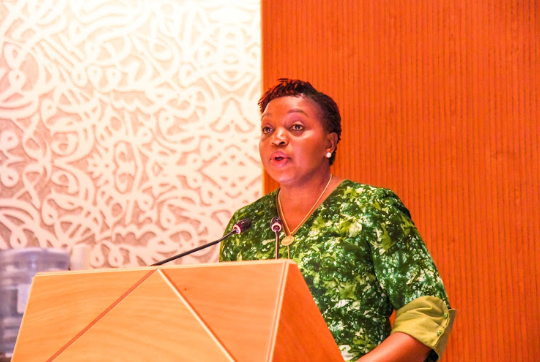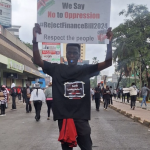Kenyans living with HIV will soon access more free services through the new health authority, which will shield them from shifts in donor funding. While donors primarily fund ARVs, people with HIV also need other drugs such as septrin and testing.
Health CS Susan Nakhumicha announced that these additional services will be covered by the Social Health Authority, set to roll out next month.
“It is important to note that HIV care is included in the package even as the transition of financing models is discussed,” she said.
“The great news is clients at the centre for NCDs and advanced HIV disease are captured under this new model. I urge all our people living with HIV to enrol and be members of SHA.”
Kenya has an estimated 1.4 million people living with HIV, translating to a national prevalence of 3.7 percent. According to the Ministry of Health, 1,336,234 people living with HIV (PLHIV) were receiving treatment by December 2023. The National Syndemic Diseases Control Council reports that drugs cost Sh25 billion annually, with most of the funding provided by donors. Health CS Susan Nakhumicha also noted that many PLHIV are now ageing and are more susceptible to non-communicable diseases compared to those without HIV.
“The quality of life for PLHIV on long-term treatment is an emerging concern, particularly due to the increased risk of non-communicable diseases and mental health needs.
“Addressing these issues requires a holistic, patient-centred, and integrated approach,” she said during the just-ended HIV Service Delivery Integration Summit.
The National STIs Control Programme (Nascop) organized the initiative. The benefits package from the Social Health Authority (SHA), as shared by the ministry, will offer screening for non-communicable diseases without co-payment in dispensaries up to Level 4 facilities. Health CS Susan Nakhumicha stated that HIV health services will no longer be isolated; instead, clinics will now be combined with those offering related services not covered by donors.



